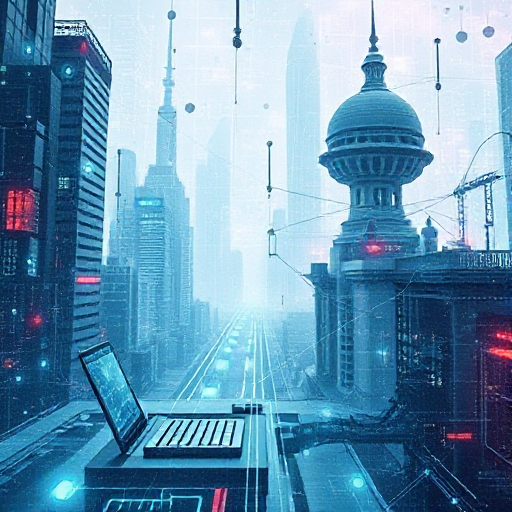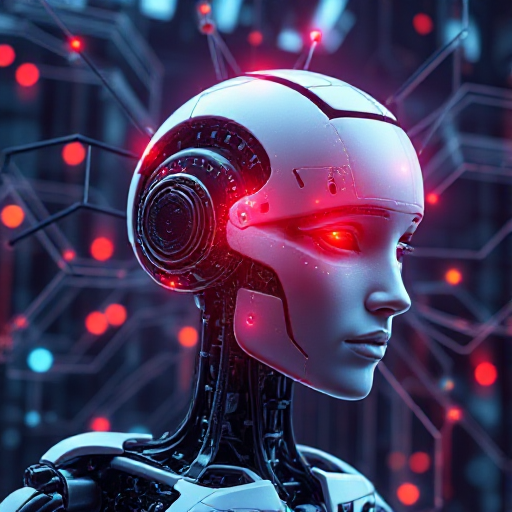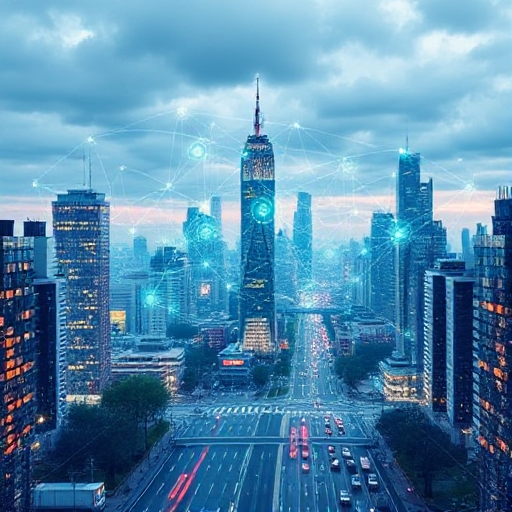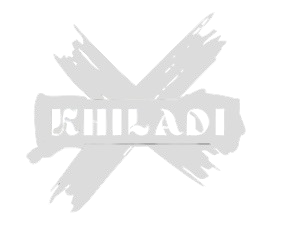
In the 21st century, the rapid advancement of technology has fundamentally transformed how governments operate and interact with their citizens. This phenomenon, often referred to as technocratic control, involves the increasing reliance on technology to manage, regulate, and influence various aspects of governance. While technological innovation promises efficiency and progress, it also raises important questions about transparency, privacy, and the balance between technocracy vs democracy.
From AI in governance to digital surveillance systems, this article explores seven ways technology shapes modern governance and its implications for society. As governments worldwide adopt technology-driven policies and implement smart city control frameworks, the line between public benefit and authoritarian oversight continues to blur.
1. Technology-Driven Policies
Governments are increasingly adopting technology-driven policies to streamline public administration and decision-making processes. By leveraging data analytics, automation, and real-time monitoring, policymakers can address complex issues with greater precision and efficiency.
How technology drives policymaking:
- Data-Driven Insights: Governments use big data analytics to identify trends, predict outcomes, and allocate resources more effectively. For example, predictive models are used in public health to manage disease outbreaks.
- Automation of Bureaucracy: Technologies like blockchain and AI automate administrative tasks such as tax collection, voting, and social benefits distribution, reducing human error and corruption.
- Policy Testing: Digital tools enable governments to simulate the impact of proposed policies before implementation, minimizing risks.
While technology-driven policies enhance efficiency, critics argue that over-reliance on algorithms risks sidelining human judgment and ethical considerations.

2. Digital Surveillance Systems
One of the most controversial aspects of technocratic control is the proliferation of digital surveillance systems. Governments use advanced technologies such as facial recognition, geolocation tracking, and internet monitoring to enhance security and maintain social order.
Examples of digital surveillance:
- Facial Recognition Cameras: Widely deployed in countries like China, these systems monitor public spaces, identify individuals, and track movements in real time.
- Mass Data Collection: Programs like the NSA’s PRISM collect vast amounts of online communications to detect potential threats.
- Smartphone Monitoring: Apps and phone networks are used to track citizens’ locations and even monitor conversations in some cases.
While surveillance helps prevent crime and terrorism, it often comes at the cost of personal privacy, raising concerns about government overreach and the potential for abuse.
3. AI in Governance
Artificial intelligence has become a cornerstone of technocratic control, with governments worldwide integrating AI into decision-making processes. From managing public services to analyzing economic trends, AI in governance offers unprecedented capabilities.
Key applications of AI in governance:
- Predictive Policing: AI algorithms analyze crime patterns to predict where offenses are likely to occur, allowing law enforcement to allocate resources effectively.
- Judicial Assistance: Some courts use AI tools to evaluate case histories and recommend sentencing guidelines, aiming for consistency and fairness.
- Public Service Optimization: AI chatbots handle citizen inquiries, reducing wait times and improving service delivery.
Despite its benefits, reliance on AI raises ethical questions about bias in algorithms, lack of accountability, and the potential loss of human oversight in governance.

4. Technocracy vs Democracy: A Growing Debate
The rise of technocratic control has sparked debates about the balance between technocracy vs democracy. While technocracy emphasizes expertise and data-driven decision-making, democracy prioritizes public participation and representation.
Technocracy’s advantages:
- Efficiency: Decisions based on data and expertise often lead to faster, more effective outcomes.
- Neutrality: Technocrats are perceived as less influenced by political ideologies or populist pressures.
Challenges to democracy:
- Reduced Accountability: Technology-led governance may bypass traditional democratic processes, concentrating power in the hands of a few experts.
- Limited Citizen Input: Over-reliance on technical expertise can marginalize public voices, leading to policies that lack broad societal support.
Striking a balance between technocratic efficiency and democratic values is a critical challenge for modern governance.
5. Smart City Control Frameworks
Smart cities are at the forefront of technocratic control, with governments implementing smart city control frameworks to enhance urban living. By integrating IoT devices, sensors, and data analytics, these cities promise greater sustainability, safety, and convenience.
Features of smart city frameworks:
- Traffic Management: IoT sensors optimize traffic flow, reduce congestion, and enhance public transportation efficiency.
- Energy Monitoring: Smart grids track and manage energy consumption, reducing waste and promoting sustainability.
- Public Safety: Surveillance cameras and connected devices detect accidents, monitor criminal activity, and respond to emergencies in real time.
While smart cities offer numerous benefits, they also centralize control, potentially enabling governments to monitor and influence citizens’ lives at an unprecedented scale.

6. Digital Governance Platforms
Digital platforms are transforming how citizens interact with their governments, providing easier access to public services and encouraging civic participation. However, these platforms also embody technocratic control by automating processes and reducing human interaction.
Examples of digital governance:
- E-Government Services: Citizens can apply for permits, pay taxes, or access welfare programs online, eliminating bureaucratic inefficiencies.
- Digital ID Systems: Platforms like Aadhaar in India centralize personal identification, streamlining access to services but raising concerns about data privacy.
- Participatory Platforms: Some governments use digital tools to crowdsource ideas or allow citizens to vote on local initiatives.
While digital governance platforms enhance accessibility, their centralized nature creates vulnerabilities to data breaches and limits human oversight in decision-making processes.
7. Ethical Dilemmas in Technocratic Control
As technocratic control becomes more pervasive, ethical dilemmas surrounding technology’s role in governance are becoming more urgent.
Key ethical concerns:
- Bias in Algorithms: AI systems used in governance may perpetuate or amplify existing biases, leading to unfair treatment of certain groups.
- Loss of Privacy: Extensive surveillance erodes personal freedoms, creating a society where individuals are constantly monitored.
- Dependence on Technology: Over-reliance on technology can leave governments vulnerable to cyberattacks or technical failures.
- Accountability: As technology takes on decision-making roles, it becomes harder to hold individuals or institutions accountable for errors.
Addressing these ethical dilemmas requires robust regulations, transparent policies, and ongoing public debate to ensure technology serves society rather than controlling it.
Conclusion
Technocratic control has undeniably reshaped modern governance, offering solutions to complex problems while simultaneously raising critical questions about privacy, ethics, and democracy. From technology-driven policies and digital surveillance systems to the implementation of smart city control frameworks, technology has both empowered governments and expanded their control over citizens’ lives.
While these advancements promise efficiency and progress, they also demand careful oversight to avoid abuse and ensure the balance between technocracy vs democracy. As governments continue to integrate technology into governance, society must remain vigilant, advocating for transparency, accountability, and the preservation of individual freedoms in an increasingly digital age.
If you want to read more: CLICK HERE
